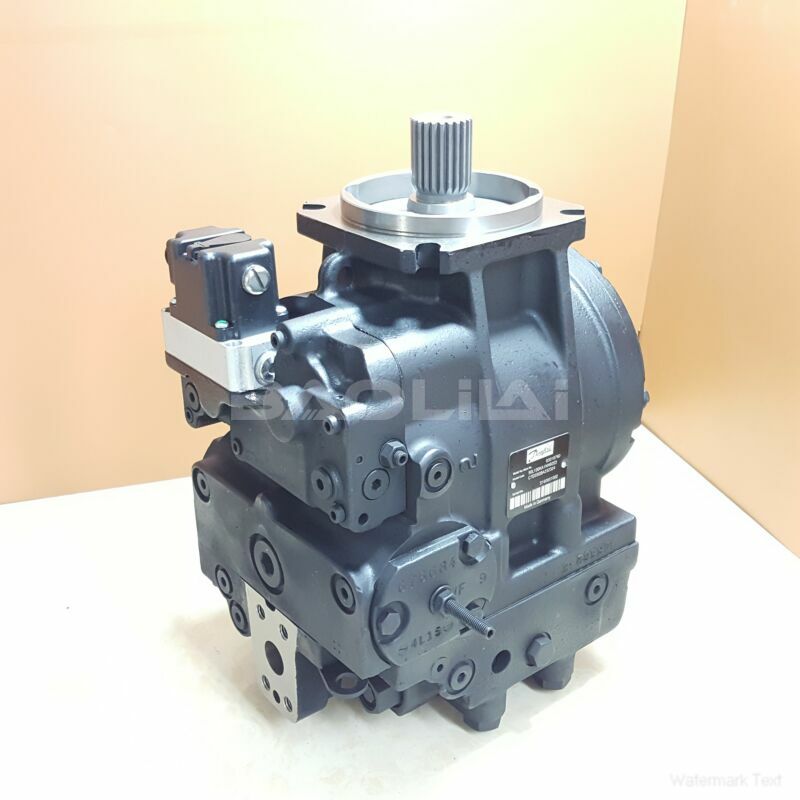90R180KA5EF80DCC8L03NNN424222 sauer danfoss pump
90R180KA5EF80DCC8L03NNN424222 sauer danfoss pump

- Product Details
- Applicable Scene
Hydraulic systems are widely used in various industries, including construction, manufacturing, and aerospace, due to their ability to transmit power efficiently through incompressible fluids. Among these systems, closed-loop hydraulic systems are particularly noteworthy for their ability to provide precise control and improved performance. In this article, we will delve into the workings of closed-loop systems in hydraulic pump technology, exploring their components, benefits, and applications.
90-R-180-KA-5-EF-80-D-C-C8-L-03-NNN-42-42-22
90R180KA5EF80DCC8L03NNN424222
Closed-loop hydraulic systems operate on a feedback mechanism that continuously monitors the output and adjusts the input accordingly to maintain the desired performance. This is in contrast to open-loop systems, where control is based solely on pre-set parameters without real-time feedback. Key components of a closed-loop system include hydraulic pumps, sensors, actuators, and controllers. The hydraulic pump generates flow, while sensors provide real-time data regarding system performance, such as pressure and flow rate. Actuators convert hydraulic energy into mechanical work, and controllers process sensor feedback to adjust the pump operation.

83011347
One of the main advantages of closed-loop systems is their ability to maintain precision in performance. This is particularly important in applications where high accuracy is required, such as in robotics or CNC machinery. By continuously monitoring feedback, closed-loop systems can quickly respond to changes in load or environmental conditions, ensuring consistent performance. This adaptability also contributes to improved efficiency, as the system can optimize power usage based on real-time demands, reducing energy waste.
In addition to precision and efficiency, closed-loop hydraulic systems are also known for their reliability. The feedback mechanism allows for early detection of potential issues, such as pressure drops or flow inconsistencies, enabling preventive maintenance before equipment failure occurs. This predictive capability can lead to reduced downtime and maintenance costs, making closed-loop systems an attractive option for operations that rely heavily on hydraulic technology.





